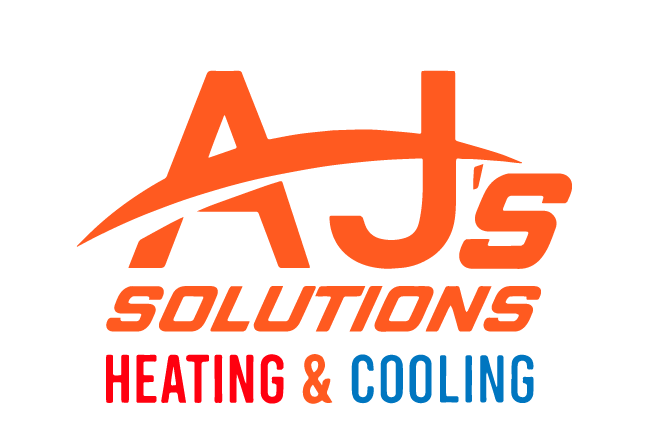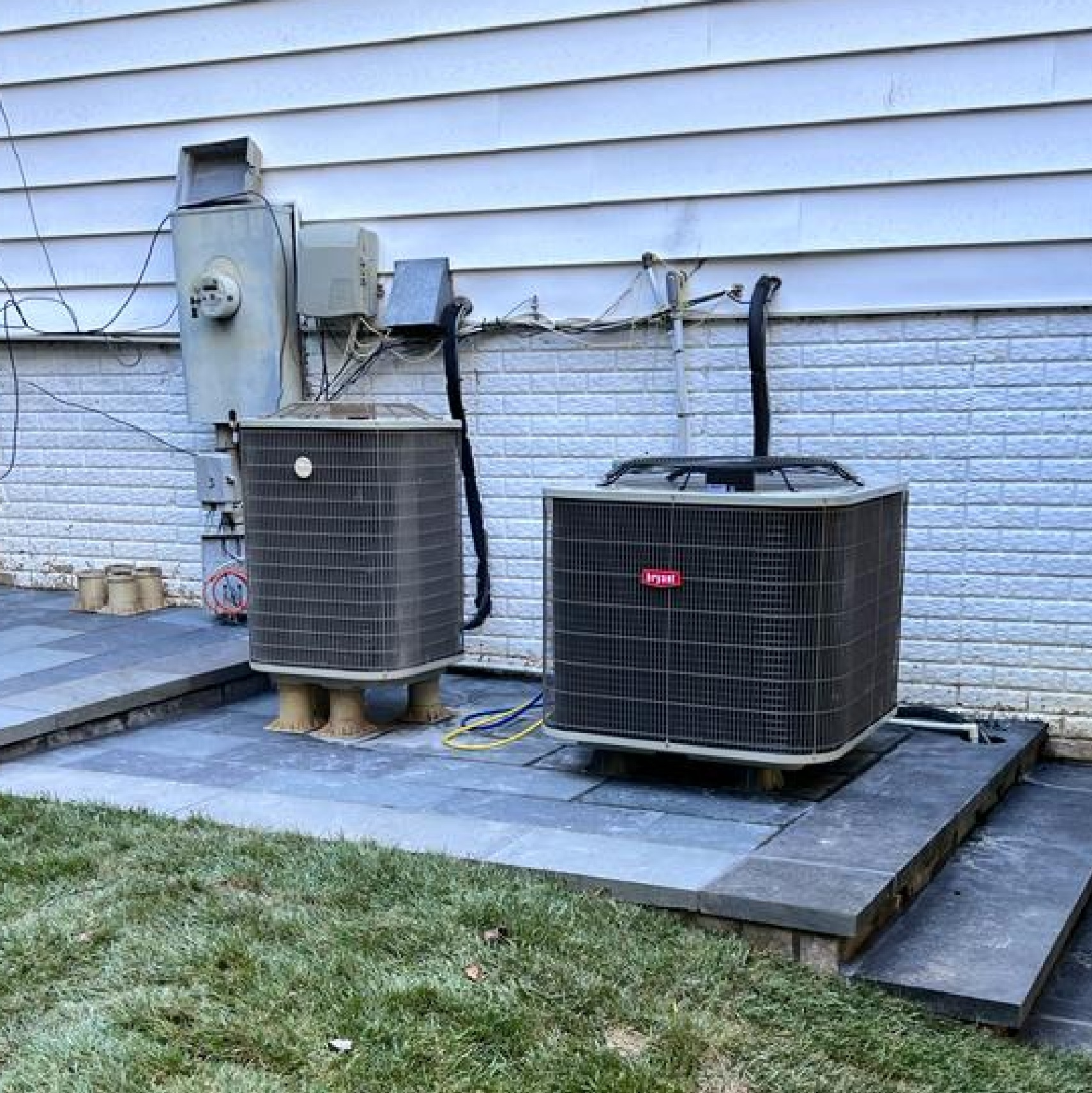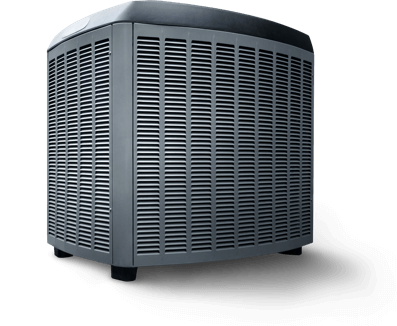Proper preparation can not only enhance the efficiency of your system but also prevent unexpected breakdowns. In this guide, we’ll provide you with tips and steps to get your HVAC system winter-ready.
1. Schedule a Professional HVAC Inspection:
Before the cold weather sets in, it’s wise to have a qualified HVAC technician perform a thorough inspection of your system. They can identify any potential issues and make necessary repairs or adjustments. This proactive step can save you from unexpected breakdowns when you need your heating system the most.
2. Change or Clean Filters:
Clean or replace your HVAC filters regularly. Clogged filters can restrict airflow and reduce the efficiency of your system. In winter, when your heating system is in high demand, it’s crucial to ensure proper airflow for efficient operation.
3. Check the Thermostat:
Ensure your thermostat is functioning correctly. Test both the heating and cooling modes to confirm they work as expected. If you have a programmable thermostat, set it to a winter schedule that lowers the temperature when you’re away and raises it when you’re at home.
4. Inspect and Clean Vents and Registers:
Check all vents and registers in your home to ensure they are not blocked by furniture, drapes, or other obstructions. Clean them to remove dust and debris, which can impede airflow.
5. Seal Leaks and Insulate:
Inspect doors and windows for drafts and seal any gaps with weatherstripping or caulk. Proper insulation can help maintain a comfortable indoor temperature and reduce the workload on your heating system.
6. Clear Debris from the Outdoor Unit:
If you have an outdoor component of your HVAC system, such as a heat pump or condenser unit, make sure it is free of leaves, debris, and snow. Proper airflow around the unit is crucial for its efficient operation.
7. Stock Up on Supplies:
Gather essential supplies like extra air filters, thermostat batteries, and any tools you may need for minor maintenance tasks during the winter.
8. Create an Emergency Plan:
In case of a heating system failure during extreme cold, have a plan in place for keeping warm. Consider having extra blankets, space heaters, and emergency heating sources available.
9. Consider a Professional Duct Cleaning:
If your HVAC system uses ductwork, consider a professional duct cleaning to remove dust, allergens, and debris. Clean ducts can improve indoor air quality and heating system efficiency.
10. Test Your System:
Finally, test your heating system to ensure it’s working correctly. Turn on your heat and listen for any unusual noises or odors. If you notice anything out of the ordinary, contact a professional for assistance.
By following these steps and maintaining your HVAC system, you can enjoy a cozy and comfortable winter without unexpected heating issues. Remember that regular maintenance and professional inspections can prolong the life of your HVAC system and ensure it operates efficiently throughout the year.


